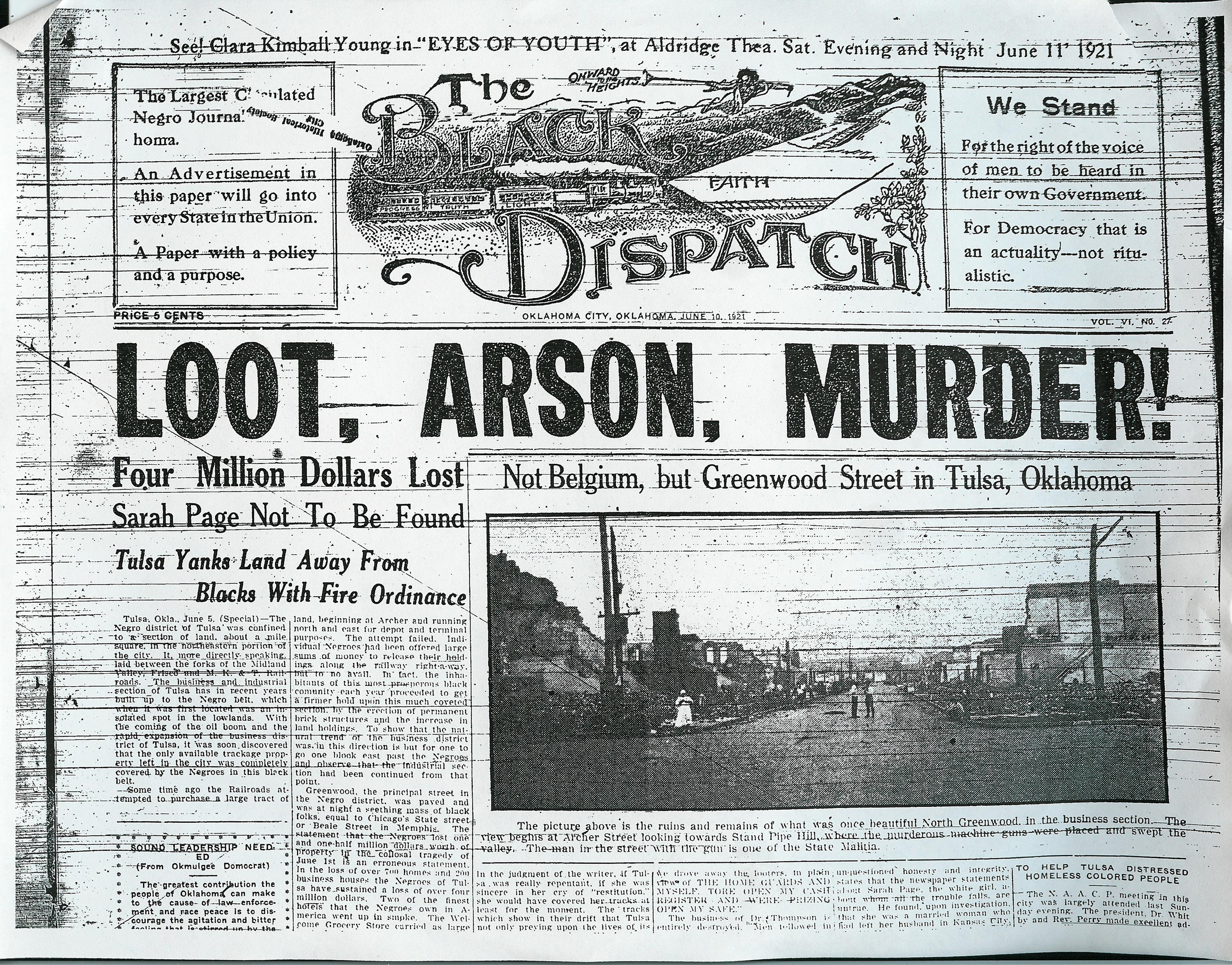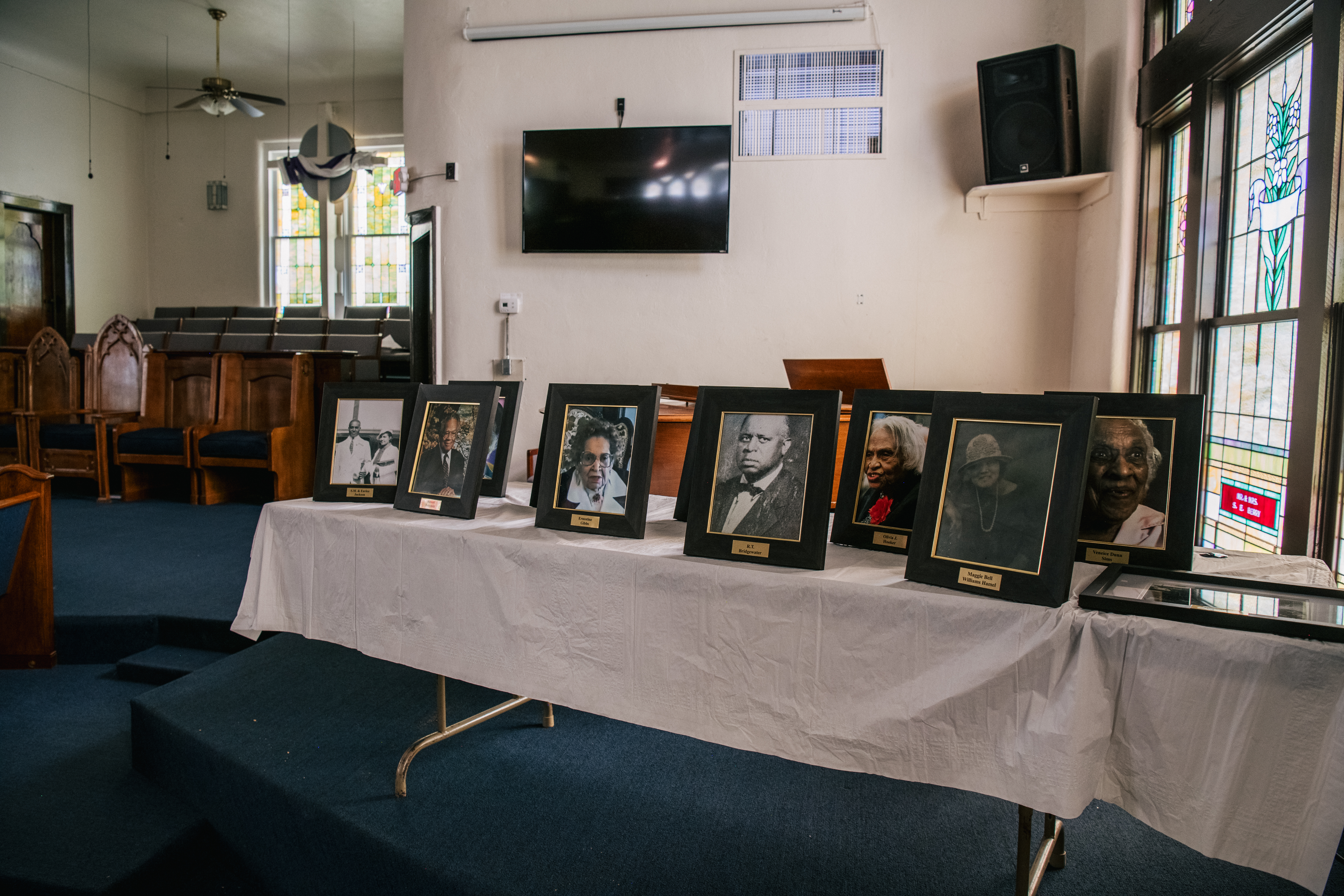

A century ago, mobs of white residents — weaponized by their city officials — set aflame the wealthiest Black neighborhood in the nation. Coined the “Black Wall Street,” the Greenwood District of Tulsa, Oklahoma was a propitious beacon of generational prosperity for a community thriving amidst teeming Jim Crow laws and the reemergence of the Ku Klux Klan, but on May 31 and June 1, the community’s 35 square blocks of roughly 1,000 businesses and 600 homes were left in smoldering ashes and an estimated range of 55 to over-300 Black residents were murdered. Today, on the centennial anniversary of one of the most horrific American massacres, President Joe Biden will travel to Tulsa as the first sitting president to formally commemorate the grave tragedy and place the largely forgotten history in the national spotlight.

Biden is set to privately visit the three remaining survivors in the city where charred bricks and the ruins of a church basement are the only remnants of the once-vibrant harbor of hope. Although long overdue and far from atoning for a nation pockmarked by racism and oppression, Biden’s commemoration is monumental in itself as American academia at large vaguely mentions the brimming affluence and aftermath of Greenwood. In a proclamation issued Monday, Biden implored Americans “to reflect on the deep roots of racial terror in our Nation and recommit to the work of rooting out systemic racism across our country.” Moreover, Biden renewed his evergreen commitment to “addressing longstanding racial inequities” through investing in the economic fortitude of the Black community and bolstering resource accessibility. Throughout his campaign and at the helm of his presidency, Biden has proclaimed that racial equity remains at the bedrock of his policies.
Most recently, the survivors have awakened their fight to receive reparations for descendants of the destruction and have asked the nation to harken to their enduring trauma in an era of similar racial tensions with the greater carceral state. “I will never forget the violence of the white mob when we left our home. I still see Black men being shot, Black bodies lying in the street. I still smell smoke and see fire. I still see Black businesses being burned. I still hear airplanes flying overhead. I hear the screams,” said survivor Viola Fletcher, 107, to lawmakers this May, per NPR. She continued, “I have lived through the massacre every day. Our country may forget this history, but I cannot.” Fletcher, who was seven years old at the time of the attack, delivered an emotional testimony to the congressional committee currently studying reparations for the descendants of enslaved Americans (a contentious argument that spans decades of discussion of redressing Black grievances). Experts have assessed the community, which was largely indigenous to sharecroppers who fled after the Civil War, subsequently lost over $200 million.














